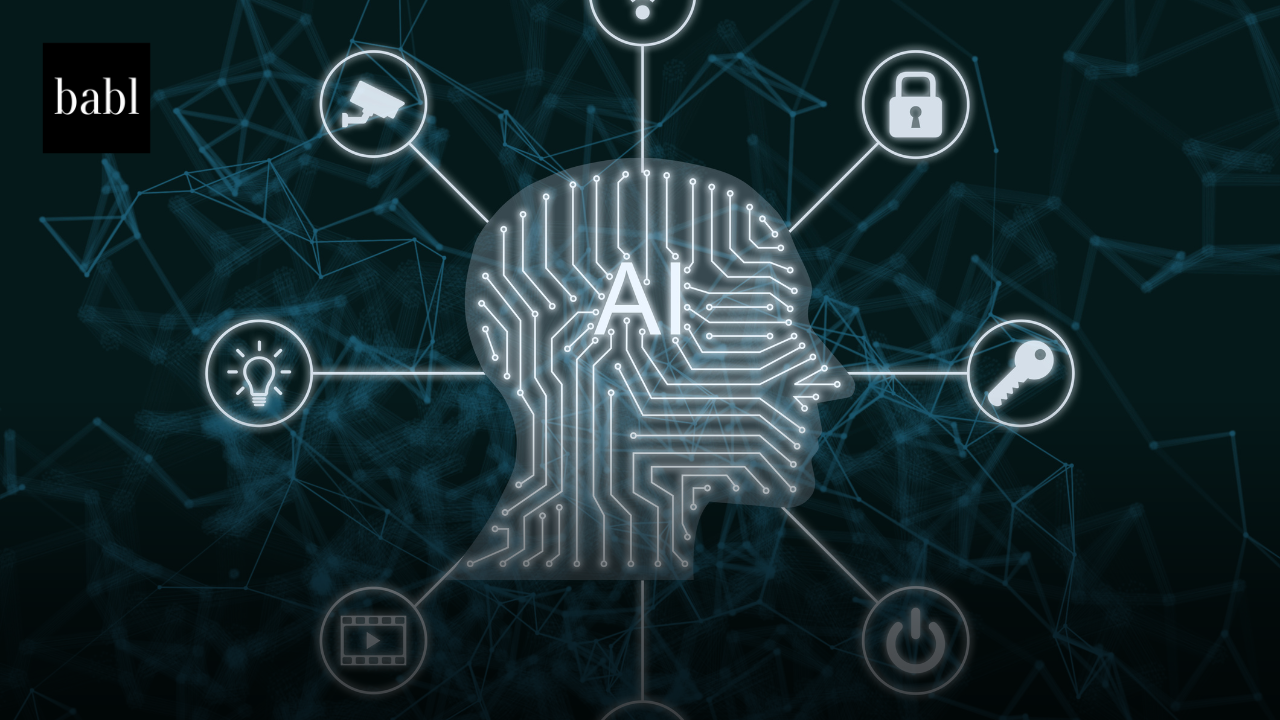A new report, “The 2025 Top-100 Generative AI Use Case Report,” offers a revealing look into how people across the world are integrating generative AI into their daily lives. Drawing from qualitative data—primarily Reddit user experiences—the report ranks and analyzes the most impactful real-world uses of generative AI, marking a significant shift from productivity tools to emotional support and personal empowerment.
Topping the list is the use of generative AI for therapy and companionship, a category that surged from second to first this year. Individuals are turning to AI chatbots for emotional support, citing benefits like mood tracking, self-reflection prompts, and daily mental health check-ins. One user, for instance, noted how AI helped them manage a brain injury and process difficult family dynamics, even calling it a “lifesaver.”
Closely following is the use of AI to organize daily life. This includes personalized goal-setting, creating meal plans, managing to-do lists, and even decluttering tasks. The usefulness score for this category is high, with many users saying AI assistants help them break down long-term goals into manageable steps.
In third place is the use of AI to find purpose—a new category in the rankings. Users report that AI helps guide them through personal development journeys, offering advice, prompting introspection, and clarifying life goals. “It helped me realize my core values and even re-enroll in college,” wrote one user.
Other top-ranked categories include enhancing learning, generating code, brainstorming creative ideas, and providing health and fitness advice. Some of the most surprising applications include reconciling personal disputes, simulating conversations with deceased loved ones, and helping children with special needs through AI-generated visuals and stories.
The report emphasizes a broader behavioral trend: generative AI is no longer just an assistant—it’s becoming a digital confidante, coach, therapist, and creative partner. Use cases that blend emotion, creativity, and personalization are on the rise, reflecting the deepening relationship between people and AI technologies.
As Zao-Sanders notes, “This shift underscores that AI is not just about efficiency—it’s about meaning, connection, and expanding what it means to be human in the digital age.”
Need Help?
If you have questions or concerns about these, or any global guidelines, regulations and laws, don’t hesitate to reach out to BABL AI. Their Audit Experts can offer valuable insight, and ensure you’re informed and compliant.





